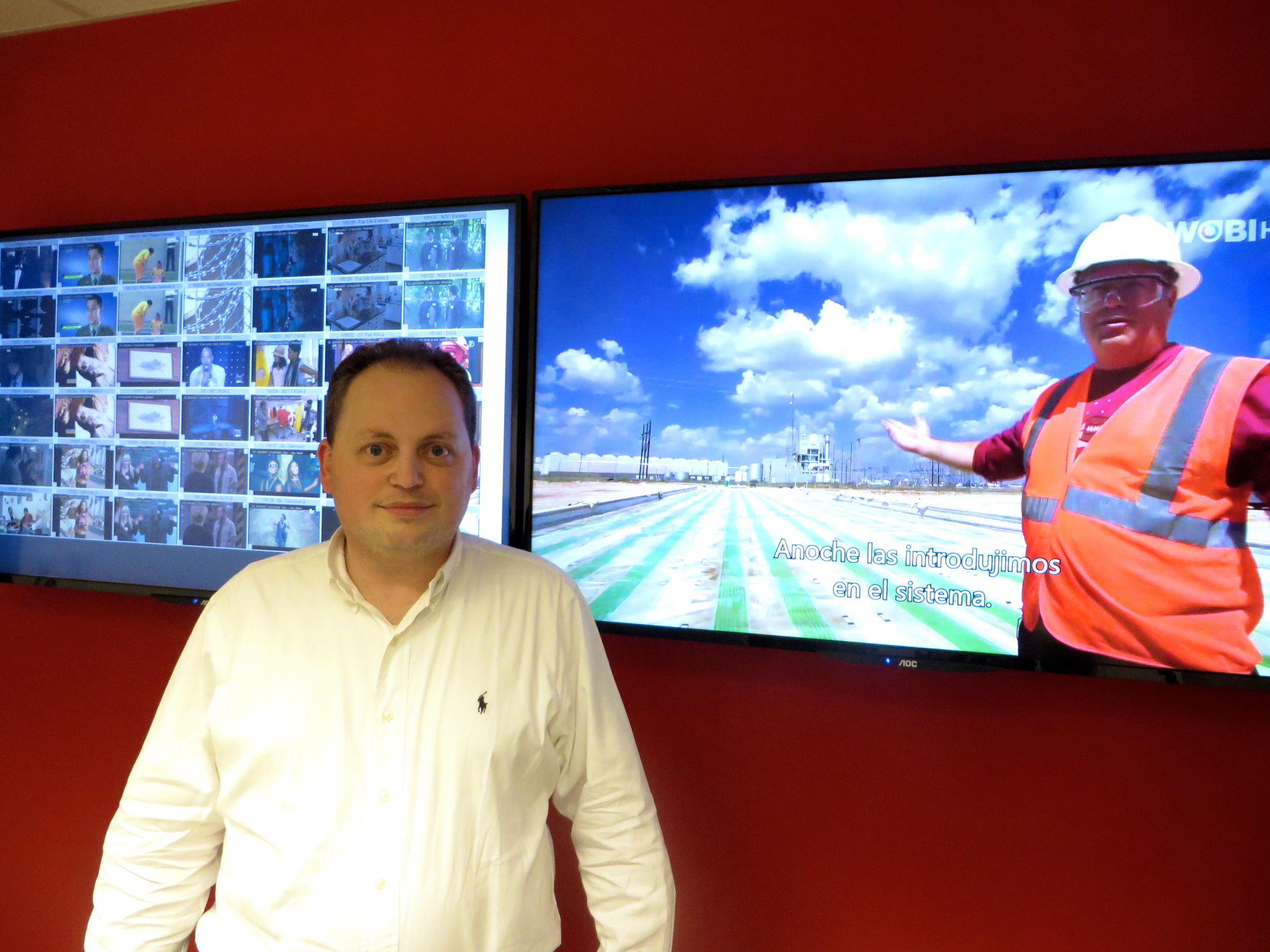Looking to influence stakeholders on a psychological level? One way to do so is by positively affecting an individual’s behaviors/actions through behavioral science. Gabriel Camargo, CEO of Ingenious Softworks and his team are doing just that; by applying behavioral science through technology, they are able to solve business problems for clients. “We specialize in helping companies design and create digital and physical products that lead people to take action.”
For example, one product Ingenious Softworks created is an app that influences a smokers’ behavior, helping them quit through behavioral science. The app records how long a user goes without smoking. Each time the user feels an urge to smoke, they press a button on the app, signaling former smokers from across the world. The former smokers speak with the smoker, offering advice and motivation to stay clean. By the time the conversation is over, the behavior has been diverted and they’ve forgotten their urge to smoke. “Behaviors can not be removed, but they can be changed,” declares Gabriel. “We just figure out a way to trick the brain.”
“If we can help people make their life a little bit better, and multiply this by millions of people, that’s a huge change!” explains Gabriel. “These small, but important improvements on people’s lives are what drives our organization.”
Applying behavioral science through technology also helps companies sell more products, by affecting customer's behavior through triggering short and long-term rewards. For example, Ingenious Softworks recently created a coffee maker for a Dutch appliance manufacturer that is designed to take advantage of these influential decision factors. Ingenious Softworks studied the psychological profiles of a typical office person and their coffee consumption habits. From this information, Ingenious Softworks came up with the “half pot syndrome.” They noticed that during the workday, people who used the office coffee maker would dump out any remaining coffee in the pot, because they didn’t know whether or not it was fresh.
Ingenious Softworks implemented sensors to measure how much coffee remained in the pot and when it had last been brewed. Then using an algorithm, they calculate the health of the coffee and display the information on a “freshness meter” for users to see.
“This way people never waste good coffee again, allowing the customer to save up to 50% on water usage and 35% of energy in a year.” The savings and sustainability features on the coffee maker are long-term rewards for the buyer. But, the coffee maker was still missing a short-term reward; something that would make the customer decide to pick this coffee maker off the shelf over competitors. That’s why Ingenious Softworks implemented text and tweeting features on the coffee maker. Yes, that is right; this coffee maker has it’s own personal Twitter account and can tweet messages to office staff with updates regarding the freshness of the coffee. This gives a short-term reward to buy the coffee maker, because it is now “cool and following the online trend,” says Gabriel. “This factor ended up being the reason that people were buying this coffee machine left and right over others in the market.”
“Most people, subconsciously value short-term rewards over long-term rewards,” explains Gabriel. Each product designed by Ingenious Softworks contains both long-term and short-term benefits to trigger both sides of the brain. His unique team of engineers, software designers, psychologists, and others continue to push the boundaries on product design, while bringing new technologies to the market to positively impact lives.
Is your company delivering products and solutions that have both short term and long term rewards for your customers? If not, consider how you can add these triggers to reel in new customers. Check out the short video below to learn more about the power of behavioral design (may not show up for email subscribers).

















